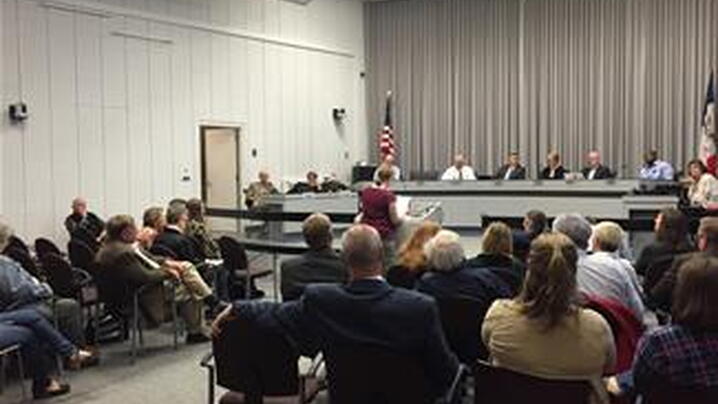
To help communities collectively take action on the issues that confront them, local leaders need to ensure that citizens are able to break free of old discussions that always ended up with individuals finding fault and blaming someone or something. Instead, citizens should be able to interact with each other in ways that produce new ideas and better solutions to problems.
These important components from How Civic Engagement Transforms Community Relationships will help citizens have productive discussions:
- Framing the issue. How an issue is defined or framed is critical to have an effective discussion. Frame the issue in the most neutral way possible and in a way that causes citizens to begin to own the problem. For example, instead of using the term "gangs," use "our youth." Instead of saying "failing schools," say "our school system." Frame "recycle water" as "our city's sustainability around water." Youth, schools, and water are community issues and as a result, they are "our" issues.
- Building relationships. It is necessary to build relationships before leaping into problem-solving. Citizens cannot effectively solve problems without developing a relationship with their colleagues. Plan to start relationship building at round tables, during the meal if one is being served. Instead of the usual introductions, ask people to (1) share how they came to live in the city; (2) tell something interesting about their name or family history; and (3) describe what caused them to accept the invitation to come to this meeting.
- Starting the discussion. Start the discussion by asking people to share their "hopes and dreams" around the topic or issue. Sharing hopes and dreams will help build common ground between citizens at the tables.
- Continuing the discussion. Ask the small groups to discuss the "possibilities" of the issue versus "solving" the issue. In order to discuss the possibilities, the group will have to look to the future and think about what might be. In contrast, in a problem-solving mode, the group has to look backward at situations that "caused the problem" and as a result, groups become more unproductive by finding fault and blaming others.
- Allowing time for discussion. Allow adequate time for conversations to happen in the small groups. Do not ask people to talk about "the possibilities for our youth" and then only give them fifteen or twenty minutes to do so. Allow the messiness and complexity of real conversations to happen.
- Ending the meeting. Do not always push for a solution or answer at the end of the meeting if it is premature and the participants are not ready to reach consensus. Do not push for a consensus if it is not there.
One word of caution: it is impossible to have productive discussions when trying to control the outcome. Unfortunately, this behavior has been built on the misconception that city manager should always be in control.
FOLLOW ALONG WITH ICMA.ORG/DISRUPTIVECHANGE IN DECEMBER and January FOR MORE RESOURCES THAT FOCUS ON PLANNING AND PREPARING FOR DISRUPTIVE CHALLENGES. HERE WE EXPLORE SUCCESSFUL STRATEGIES TO KEEP RESIDENTS SAFE, IMPROVE COMMUNITY RELATIONS, AND BUILD UPON OR EXPAND YOUR LEADERSHIP SKILLS.
New, Reduced Membership Dues
A new, reduced dues rate is available for CAOs/ACAOs, along with additional discounts for those in smaller communities, has been implemented. Learn more and be sure to join or renew today!
